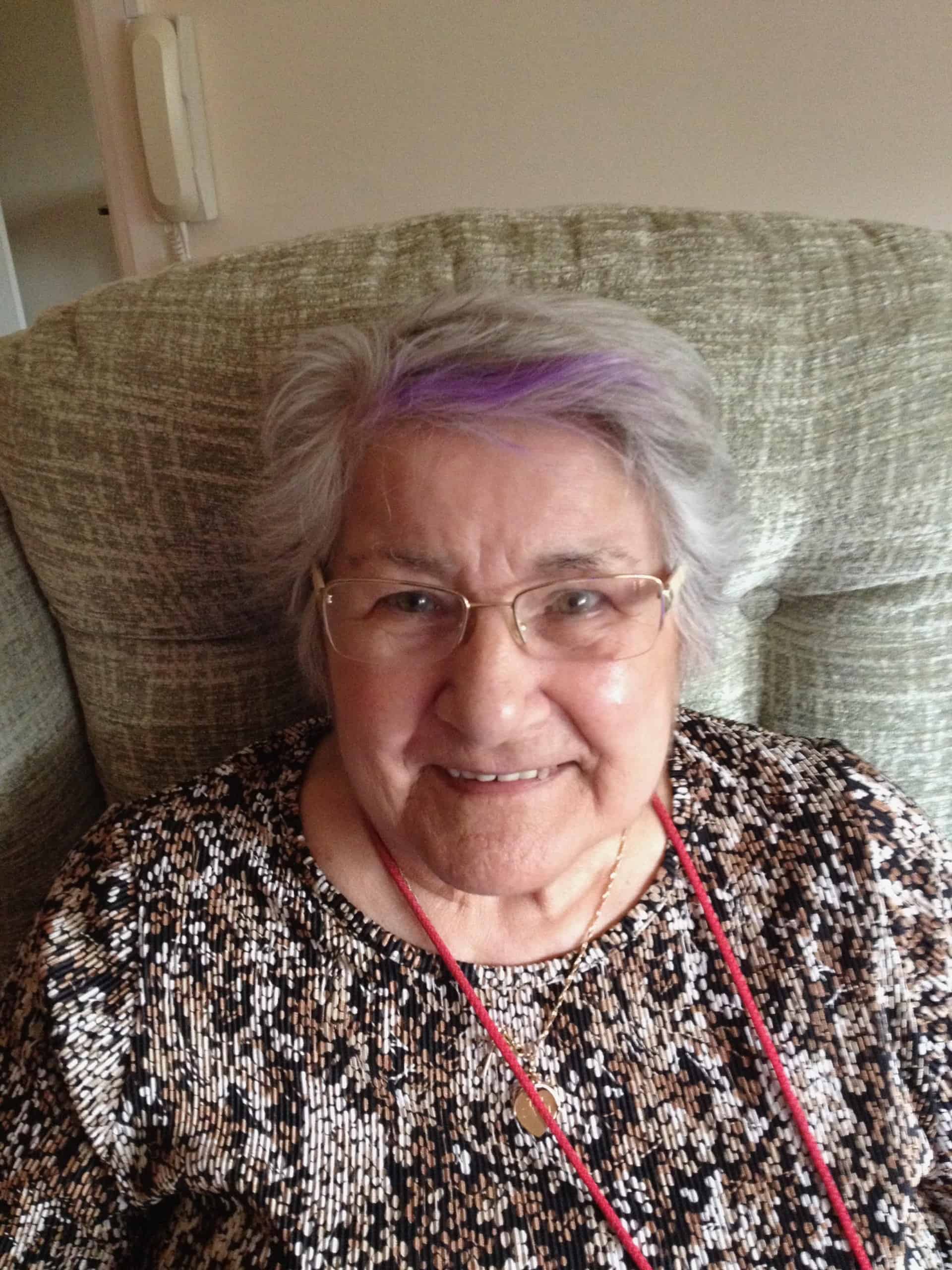Coming to terms with the loss of my mother
We celebrated my mother’s 90th birthday last August. Family and friends held a lovely afternoon tea in the sunny dining room of her care home, where she had been living for just a few months. She had fallen earlier in the year and had rapidly become immobile but seemed to be adjusting.
Then, following a very short illness, she was admitted to hospital as an emergency and sadly died on Christmas Day 2019.
With the suddenness of the event and poignancy of its timing, it all came as something of a shock, although that may sound strange given her advanced years. But she was so mentally alert and of physically robust appearance that as a family we often joked that we couldn’t imagine what might cause her demise.
Naturally, we didn’t expect her to live forever or, realistically, for many more years. Indeed, her sudden complete dependence on others had been devastating for her and, as a result, she was unhappy and often talked about an unwillingness to keep going.
And that’s the thing — even though the family knew all this, we did not think it through, unlike when my dad died 12 years earlier. The main difference was that my father had been diagnosed with lung cancer 18 months before his death and, although he was 81, he had recovered well from an operation to remove part of one lung. Unfortunately, it had been too late and shortly after, secondary cancer was found on his liver.
Hard as it all was for the family, we had to acknowledge his illness was terminal. That meant preparing ourselves, not only emotionally but also in practical things, such as organising finances to make it easier for my mum, having good conversations, and saying goodbye. He was able to die peacefully at home, pain-free and with his family around him.
For some reason, things felt different for me when it was my mum’s turn to pass. Although my sister did have a conversation with mum about music for her funeral, whenever mum mentioned to me that she felt her time was drawing to an end, I never felt able to discuss this with her.
Was I denying the inevitability of her death because she seemed so robust, or was it more a reflection of the different relationship I had with her, compared to the one I had with dad?
Mum was a wonderful, kind, generous, funny and strong woman. But she was perhaps overly possessive of her children and, like many mothers, found it difficult to let go as we became adults. I did not recognise this aspect of our relationship for many years and so, like many mother/daughter relationships, ours was often challenging as I struggled to become independent. This was such an issue that when I became a mother myself and experienced that unique feeling of unconditional love toward my daughters, I could not imagine this was ever the way my mum felt about me.
Now, this makes me sad. As I look through old photographs of the time we were babies and toddlers, I see the way mum looked at us was the same way I later looked at my daughters. And I remember the warm enthusiasm with which she always greeted me when I visited her latterly, and how I came to realise she felt the same way I do when my daughters arrive at my house. I wish I had noticed this before she died and that we had talked about our common experience of motherhood. I know that she was proud of my sister and me as mothers, but she never appreciated just how much of that was a reflection of her mothering of us.
Recently I found this wonderful poem by Jane Clarke from her anthology ‘When the Tree Falls’. I find Jane’s reflection on the complexity of the mother/daughter relationship particularly comforting…
The trouble
between mothers and daughters
is how to forgivethe one to whom
you owe too much
what you see when you look
in the mirrorhow you forget you were in her
and she is in youor the way
she loves youand cannot, will not
leave you alone

Leave A Comment